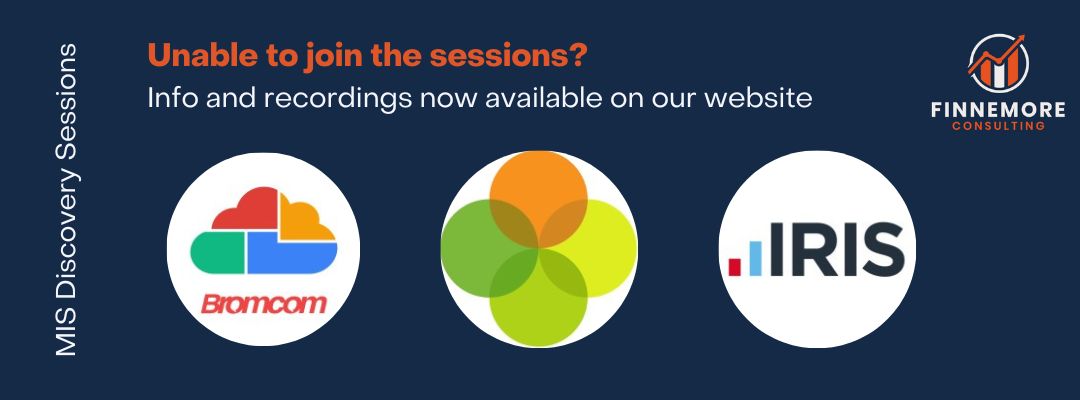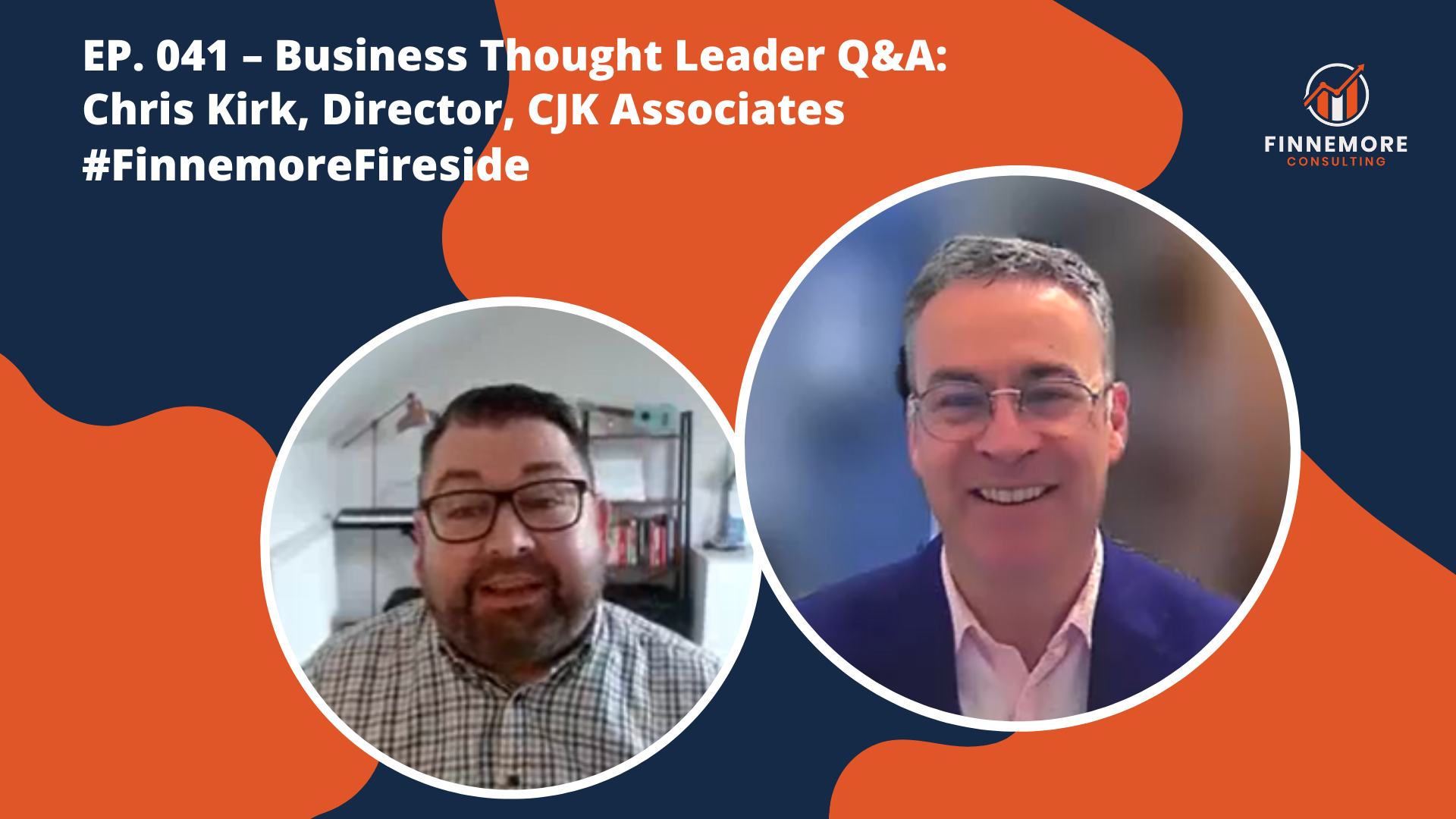Management Information Systems are the backbone of educational institutions, helping them to make informed decisions, streamline operations, and enhance overall efficiency. In the past, MIS was primarily about data storage and reporting, but it has since evolved into a multifaceted ecosystem. Today, MIS encompasses a wide array of functions, including student information management, financial administration, communication, parental engagement, analytics, and supporting the school development plan.
Last week, over 250 of you brilliant people participated in our online MIS Discovery Sessions, thank you so much for supporting our events. Everyone from MIS managers and finance officers, to support partners and headteachers attended – there’s just so much interest in what’s possible in the world of MIS right now.
The Ever-Evolving World of MIS
One of the key reasons for MIS’s continuous evolution is its adaptability to changing educational needs. As technology advances and educational methodologies evolve, MIS systems have had to keep pace. This adaptability is essential in helping educational institutions meet the ever-changing demands of students, parents, and regulatory bodies.
Looking Ahead
The world of MIS is poised for even more exciting developments in the future. With advancements in artificial intelligence, data analytics, and cloud computing, MIS will continue to transform the way educational institutions operate. It will empower educators and leaders to make data-driven decisions, personalize learning experiences, and improve overall educational outcomes.
Engaging in the World of MIS
Nick and I have both worked in this area for over 20 years now and love how it continues to innovate – as it should! If MIS is your thing then you can:
- Join our ‘Future of MIS’ LinkedIn Group: Our online community, ‘Future of MIS,’ on LinkedIn is a hub for like-minded individuals. Here, we share insights, discuss trends, and connect with professionals who share your passion for MIS. Join us here.
2. Access Discovery Session Recordings: In our recent MIS Discovery Sessions, we had the privilege of hearing from industry leaders Bromcom, Arbor Education, and IRIS Education. These sessions are a treasure trove of knowledge, and you can access the recordings to gain valuable insights into the latest developments in MIS:
IRIS Ed:gen MIS Discovery Session
3. Explore Our #FinnemoreFireside Chats: We’ve had the privilege of sitting down with edtech and MIS thought leaders to discuss the future of MIS in education. These insightful conversations are available on our blog, offering you a chance to hear from experts in the field. Explore our Fireside Chats here.













Don’t let perfectionism be the sneaky saboteur of your new product release
In my work with companies selling to the education sector, I’ve witnessed this unfortunate scenario far too often. They fall into the trap of aiming for a 100% flawless product, and it ends up holding them back.
Here are the two common traps they find themselves in:
1. The “I’ll Think It All Up” Trap
Some folks genuinely believe they can conjure up the ultimate solution by brainstorming in their cosy office or bedroom (their ivory tower). But here’s the truth – you’ve got to get your solution out into the real world! Put it to the test and see if it genuinely meets your customers’ needs.
2. The “Fear of Failure” Trap
Ah, the fear of messing up. It’s a powerful force that can keep you strategizing for ages, trying to ensure failure is nowhere in sight. But the only way to create something truly amazing is by putting it in front of your customers. Embrace their feedback, learn from it, and let it shape your masterpiece.
All this perfectionism isn’t good for business. Waiting endlessly for the “perfect” solution only gives your competitors an opportunity to gather feedback, make improvements, and snatch up your market share.
All you need is a Minimum Viable Product (MVP) to bring to the market and an open mind. Your customers are the real experts here. They’ll give you the precise insights you need to craft that perfect solution.
So, embrace imperfection, launch with confidence, and let your customers guide you to greatness! And don’t let perfectionism be the sneaky saboteur of your new product release!